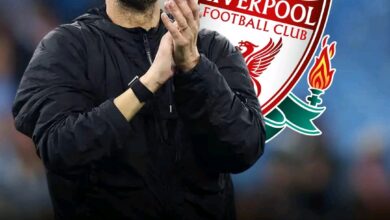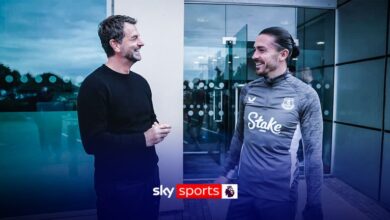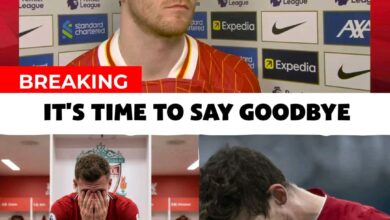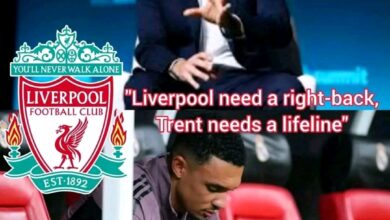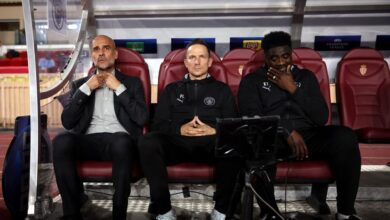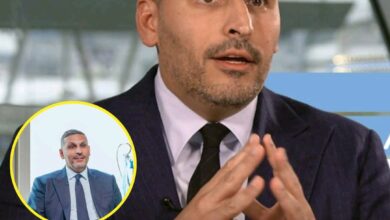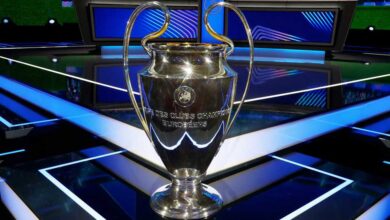Barcelona’s Strategic Summer Pursuit: The Gabriel Jesus Transfer Saga
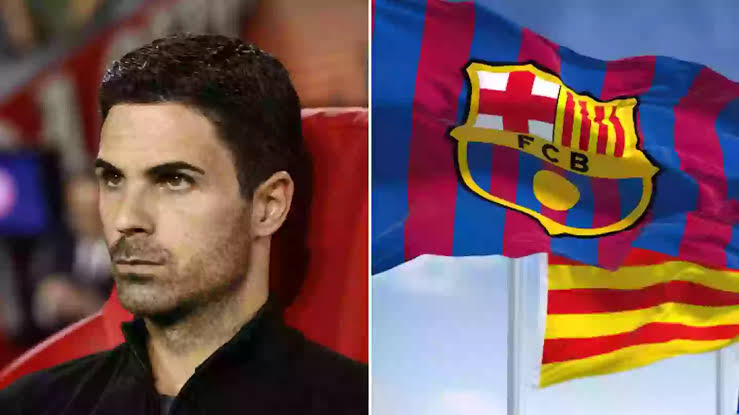
The summer transfer window of 2025 has presented FC Barcelona with both challenges and opportunities as they navigate the complexities of modern football economics while maintaining their competitive edge in La Liga and European competitions. Under the guidance of Hansi Flick, the Catalan giants have approached this transfer period with characteristic pragmatism, seeking to balance financial constraints with sporting ambitions.
Barcelona’s transfer activity this summer has been notably measured, reflecting both the club’s ongoing financial recovery and Flick’s methodical approach to squad building. The appointment of Hansi Flick as head coach marked a new chapter for the club, bringing with it a philosophy that emphasizes tactical flexibility, youth development, and strategic acquisitions rather than marquee signings.
The summer began quietly for Barcelona, with the club’s hierarchy focusing on addressing specific positional needs while maintaining fiscal responsibility. Joan Garcia’s arrival from local rivals Espanyol represented the first significant move of the window, addressing Barcelona’s goalkeeping depth and providing competition for the established hierarchy between the posts. Garcia’s transfer highlighted Barcelona’s renewed focus on acquiring talent from within La Liga, players already adapted to the Spanish style of play and the unique pressures of competing at the highest level.
The acquisition of Garcia was soon followed by what many considered the summer’s most surprising move – the loan signing of Marcus Rashford from Manchester United. The England international’s arrival at Camp Nou sent shockwaves through European football, representing not only a significant coup for Barcelona but also a statement of intent regarding their ambitions for the upcoming season. Rashford’s temporary move to Catalonia came after a season of uncertainty at Old Trafford, where despite his undoubted talent, he found himself increasingly marginalized under successive Manchester United managers.
Complementing these high-profile arrivals was the signing of Roony Bardghji from FC Copenhagen, a move that perfectly encapsulated Barcelona’s dual approach of combining experienced talent with promising young prospects. Bardghji’s acquisition represented the club’s continued commitment to identifying and nurturing the next generation of football talent, maintaining the philosophical foundations that have long defined Barcelona’s approach to player development.
Despite these incoming transfers, Hansi Flick faces the perpetual challenge of squad management that has become synonymous with modern Barcelona. The German tactician must balance the integration of new signings with the development of existing talent while simultaneously addressing the financial imperatives that demand squad reduction and wage bill management.
The departure of Oriol Romeu on a free transfer exemplifies the difficult decisions Barcelona must make in the current market. Romeu, despite his experience and versatility, became expendable as the club sought to streamline their squad and reduce their financial commitments. His exit, while perhaps necessary from a business perspective, highlighted the ongoing tension between sporting considerations and economic reality at one of football’s most storied institutions
Similarly, Pau Victor’s completed move to Portuguese side Sporting Braga demonstrated Barcelona’s willingness to allow promising young players to seek opportunities elsewhere when their pathway to the first team appears blocked. Victor’s departure, while potentially regrettable from a purely footballing standpoint, reflected the harsh realities facing young players at elite clubs where competition for places remains intense and opportunities limited.
These departures, while creating space both in the squad and on the wage bill, also present Flick with the challenge of maintaining squad depth across all competitions. Barcelona’s participation in La Liga, the Copa del Rey, the UEFA Champions League, and potentially other competitions demands a roster capable of competing on multiple fronts throughout a grueling season.
Against this backdrop of careful squad management and strategic planning, the potential availability of Gabriel Jesus from Arsenal presents Barcelona with an intriguing opportunity. The Brazilian forward’s situation at the Emirates Stadium has become increasingly complex, with Mikel Arteta apparently open to allowing the former Manchester City striker to leave on loan.
Jesus’s trajectory since his move to Arsenal has been marked by both promise and frustration. Initially arriving with great fanfare as a key component of Arteta’s tactical system, the Brazilian has struggled with injury problems that have disrupted his rhythm and limited his impact. His most recent season was particularly challenging, with recurring fitness issues preventing him from establishing the consistency that had made him such an attractive proposition when he first moved to North London.
The forward’s situation represents a classic case of a talented player whose career has been derailed by circumstances beyond his control. Jesus’s technical ability, pace, and versatility remain unquestioned, and his experience at the highest levels of European football makes him an attractive propos







